I know that I had previously started writing Spanish Empire, but my computer had a virus and then I lost the game and all my save files. Well, I just downloaded the game onto my desktop (which has better graphics, yay  ), and so I decided to start a new story: four new stories to be exact. This is the first of four that I plan to write. Each of the stories is to be from the point of view of a different civilization. And as the name suggests, this first story is to be from the point of view of France.
), and so I decided to start a new story: four new stories to be exact. This is the first of four that I plan to write. Each of the stories is to be from the point of view of a different civilization. And as the name suggests, this first story is to be from the point of view of France.
I don't know about other people, but I am a visual person and I love to see pictures, so... I may have more pictures than words on some occassions. If people feel I am not saying enough then post that and I will fix it. Also, I have some rules that I am going to apply to each of the games to add a level of historical realism (I LOVE HISTORICAL ACCURACY ).
).
First rule: in regards to the tax system and answering the king, I am going to either give in to his demands or refuse based on the history of the different civilizations. For example, as the spanish I would always give the king whatever he wanted in deference to the "Great Catholic King," in contrast to when I am playing as the English, where I would give in to some demands but refuse most to simulate the british colonies relative isolation from the crown.
Second Rule: I will treat the natives differently depending on who I am playing as. Another example, as the french I will treat the natives well, trade and gift them money, and maintain good relations, while as the English I will exterminate all natives and enslave the rest and send them to the caribean.
Finally, the Third Rule: I am going to try and construct my colonies along somewhat historical lines. For example, I am not going to make a spanish empire that stretches from Canada to Mexico. That also includes armies and the like. I won't make privateers as the spanish, while as the dutch and english half of my navy will be made of privateers.
Another personal rule I have is that if I lose a city to natives or other civs, I am going to accept that and not change the game (either through reloading and fixing a mistake before it happens or by opening up worldbuilder). These games are to be cheat free.
To make the game even more fun, I may hold war councils where I will ask the people who watch these stories what they think I should do. If I am playing as a fairly democratic civ, I'll follow the advice of the majority of the people (even if I don't agree with it), and if I am playing as a fairly autocratic civ I'll just consider their advice. I hope this matches some of the democratic institutions in the new world (like Pilgrims townhouses or the spanish governor's advisors).
These rules are just to make the games more diversified and more fun for me to play. I hope it is equally enjoyable for you guys to watch. The first installment is coming soon, but first I have to go to a bike race for the weekend, so until then, I'll see ya.
 ), and so I decided to start a new story: four new stories to be exact. This is the first of four that I plan to write. Each of the stories is to be from the point of view of a different civilization. And as the name suggests, this first story is to be from the point of view of France.
), and so I decided to start a new story: four new stories to be exact. This is the first of four that I plan to write. Each of the stories is to be from the point of view of a different civilization. And as the name suggests, this first story is to be from the point of view of France.I don't know about other people, but I am a visual person and I love to see pictures, so... I may have more pictures than words on some occassions. If people feel I am not saying enough then post that and I will fix it. Also, I have some rules that I am going to apply to each of the games to add a level of historical realism (I LOVE HISTORICAL ACCURACY
 ).
).First rule: in regards to the tax system and answering the king, I am going to either give in to his demands or refuse based on the history of the different civilizations. For example, as the spanish I would always give the king whatever he wanted in deference to the "Great Catholic King," in contrast to when I am playing as the English, where I would give in to some demands but refuse most to simulate the british colonies relative isolation from the crown.
Second Rule: I will treat the natives differently depending on who I am playing as. Another example, as the french I will treat the natives well, trade and gift them money, and maintain good relations, while as the English I will exterminate all natives and enslave the rest and send them to the caribean.
Finally, the Third Rule: I am going to try and construct my colonies along somewhat historical lines. For example, I am not going to make a spanish empire that stretches from Canada to Mexico. That also includes armies and the like. I won't make privateers as the spanish, while as the dutch and english half of my navy will be made of privateers.
Another personal rule I have is that if I lose a city to natives or other civs, I am going to accept that and not change the game (either through reloading and fixing a mistake before it happens or by opening up worldbuilder). These games are to be cheat free.
To make the game even more fun, I may hold war councils where I will ask the people who watch these stories what they think I should do. If I am playing as a fairly democratic civ, I'll follow the advice of the majority of the people (even if I don't agree with it), and if I am playing as a fairly autocratic civ I'll just consider their advice. I hope this matches some of the democratic institutions in the new world (like Pilgrims townhouses or the spanish governor's advisors).
These rules are just to make the games more diversified and more fun for me to play. I hope it is equally enjoyable for you guys to watch. The first installment is coming soon, but first I have to go to a bike race for the weekend, so until then, I'll see ya.


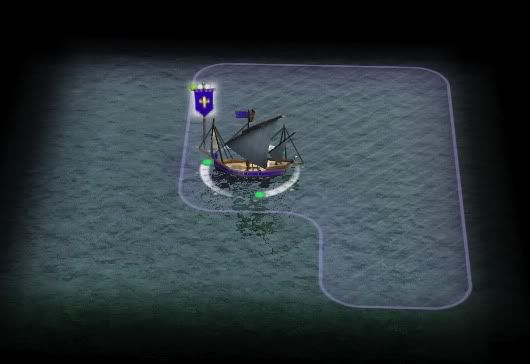
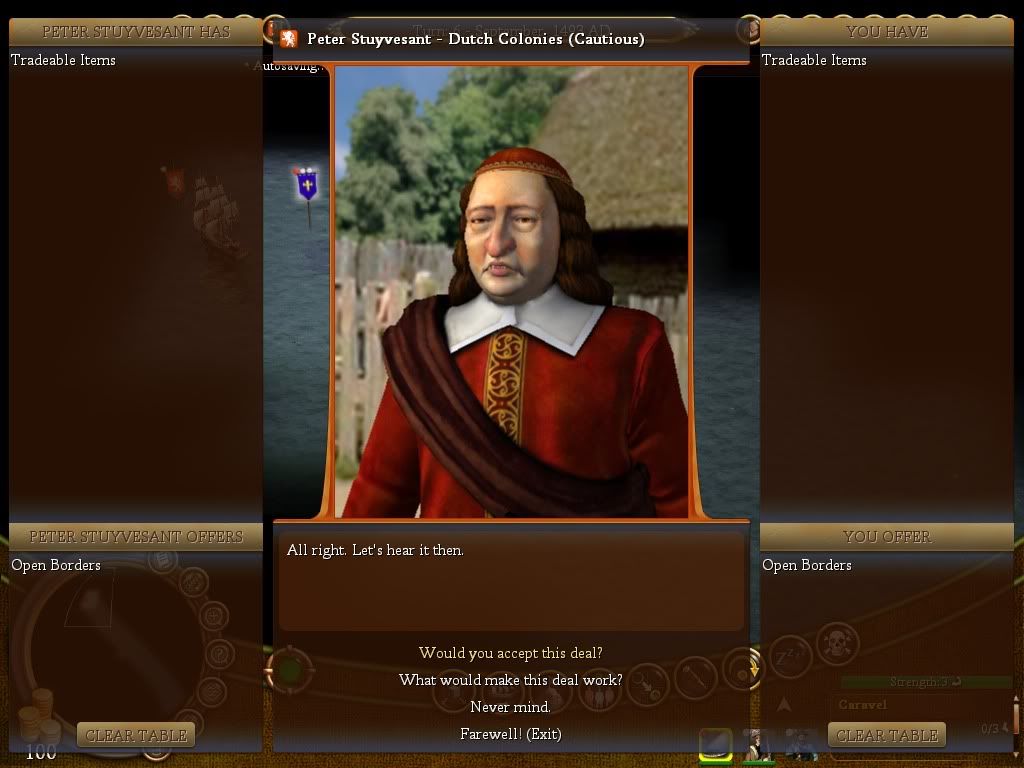
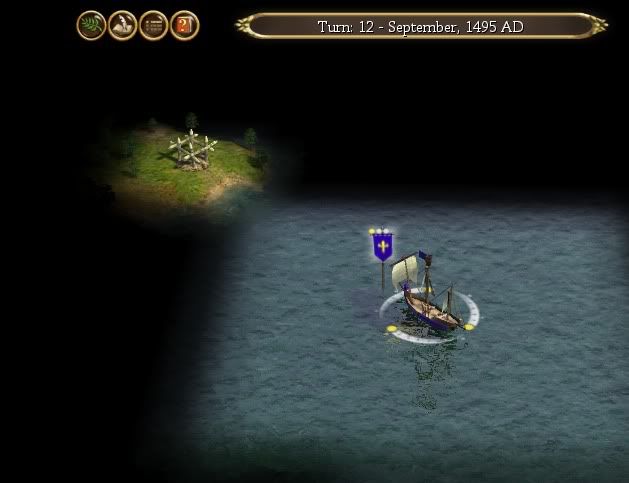
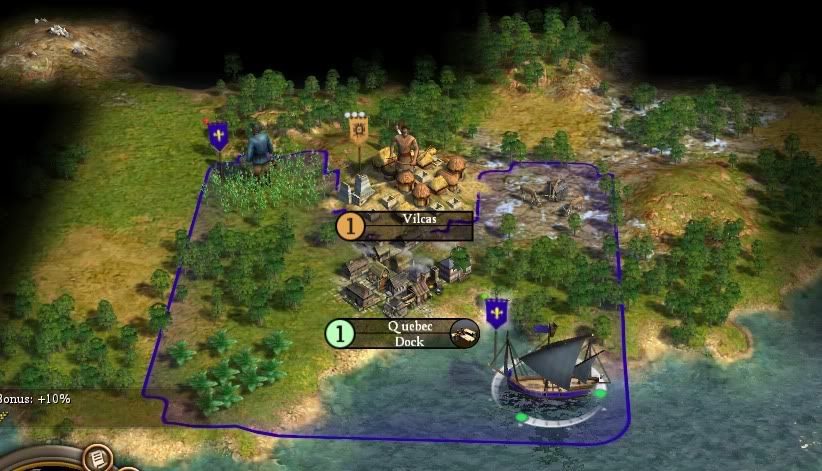
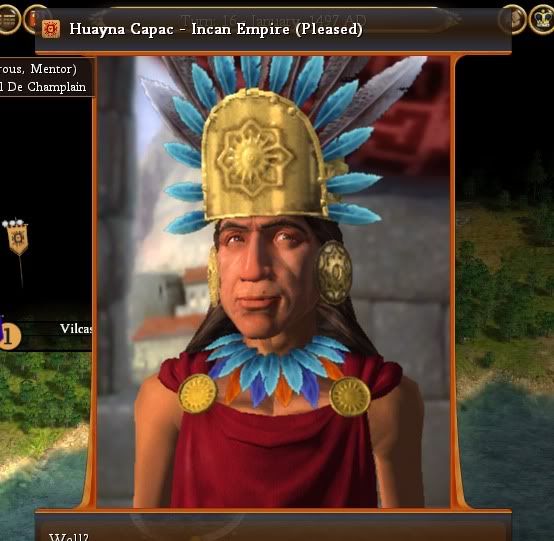
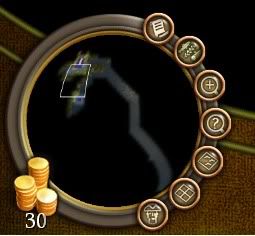
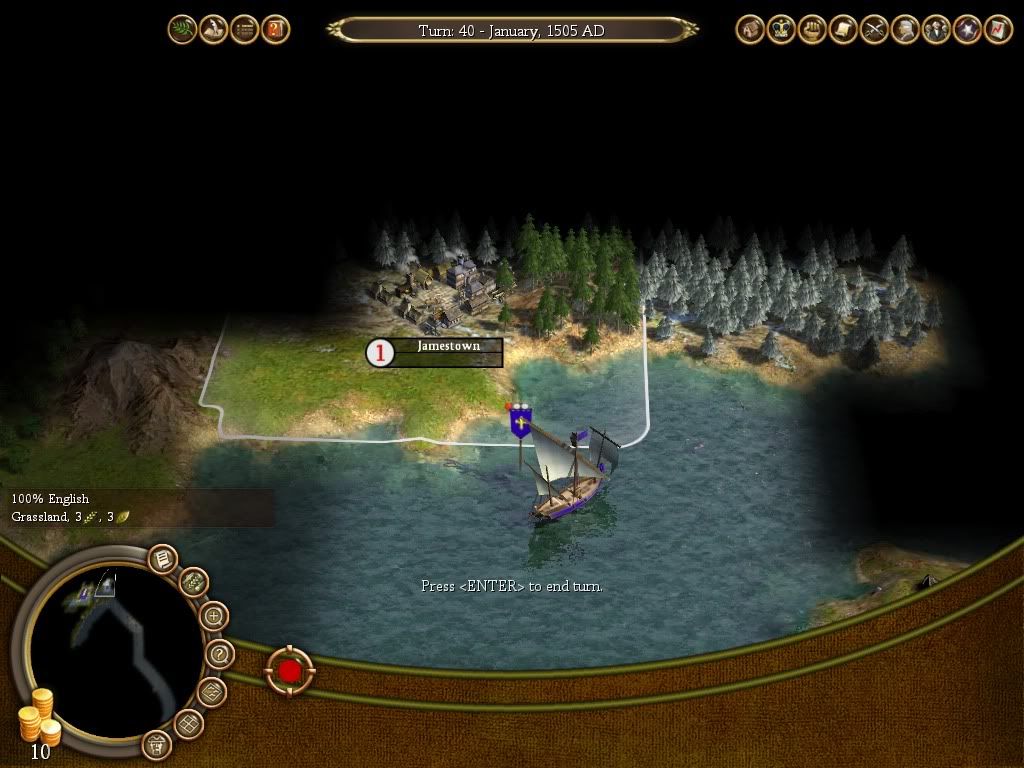
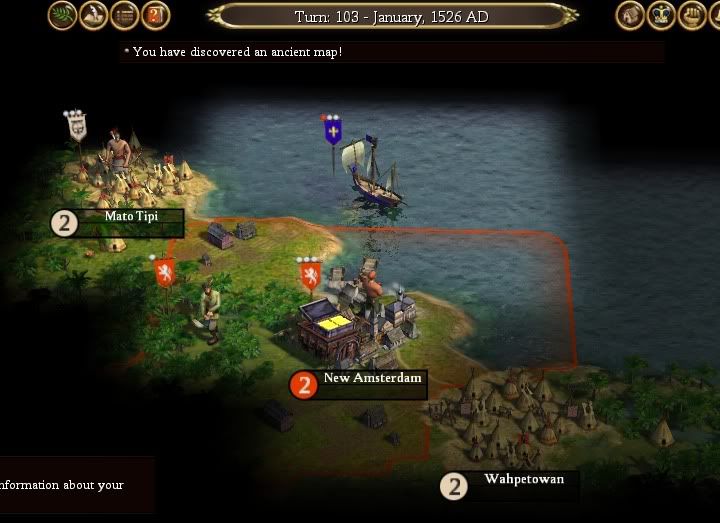
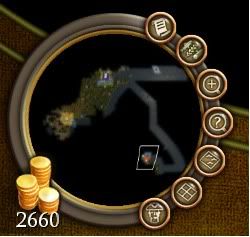
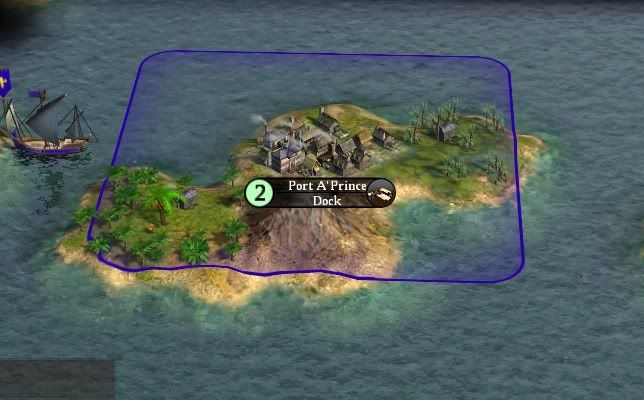
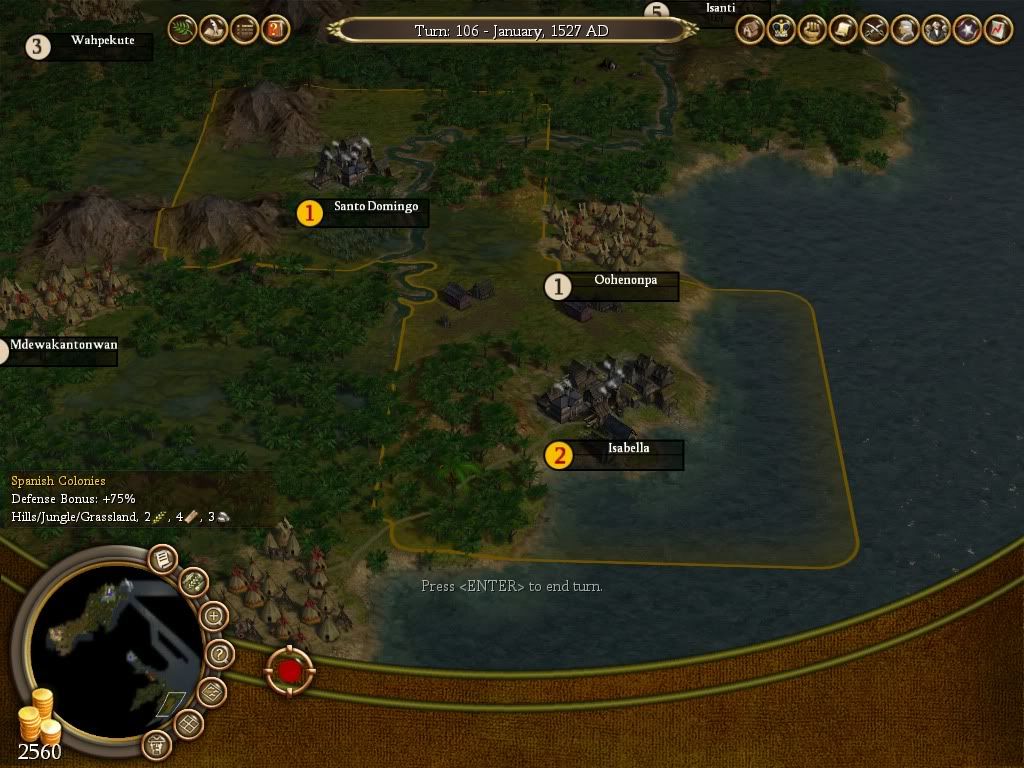
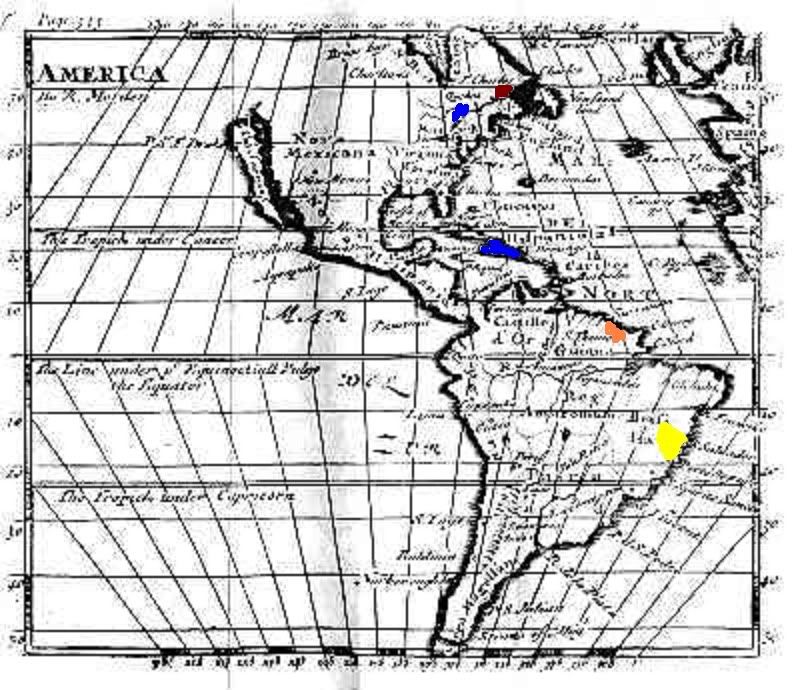
 ). Besides, Making North America french territory is already a big task.
). Besides, Making North America french territory is already a big task. .
. 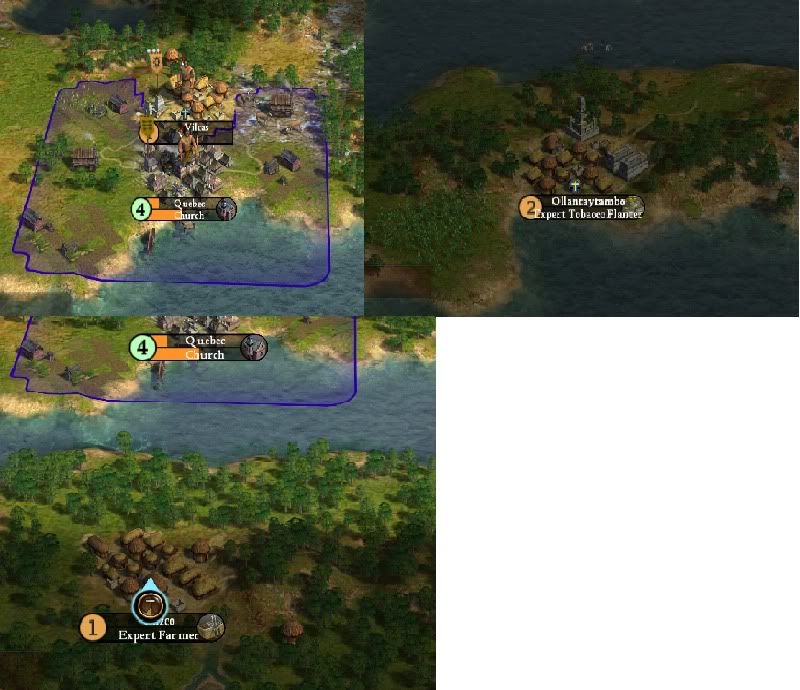
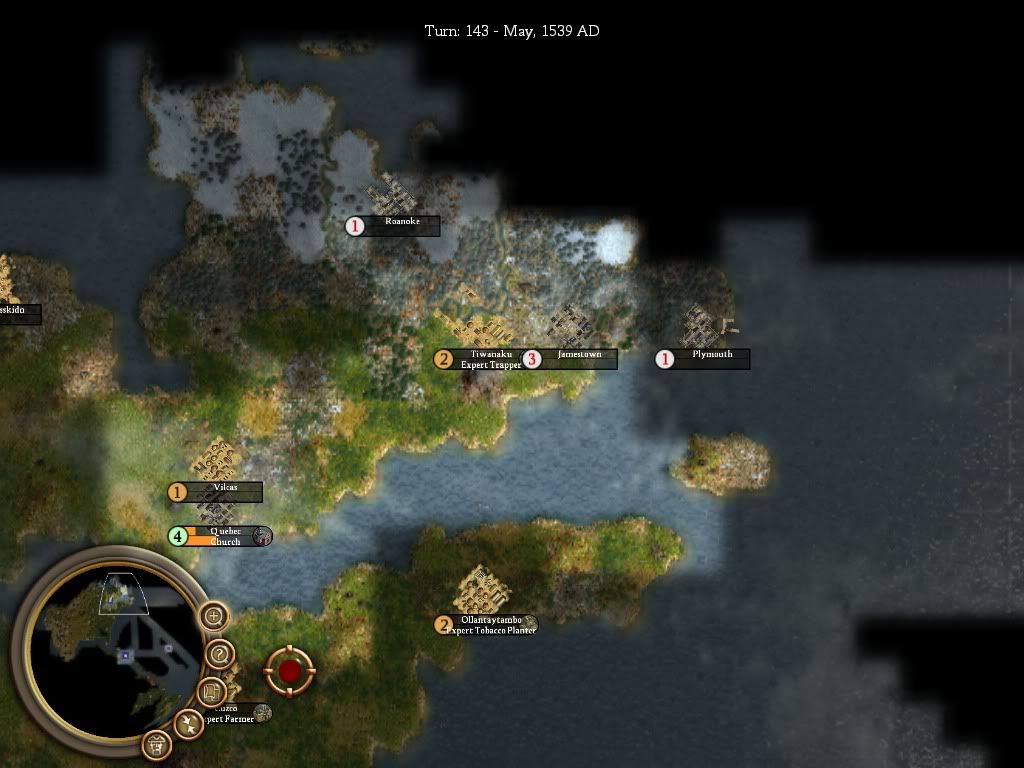
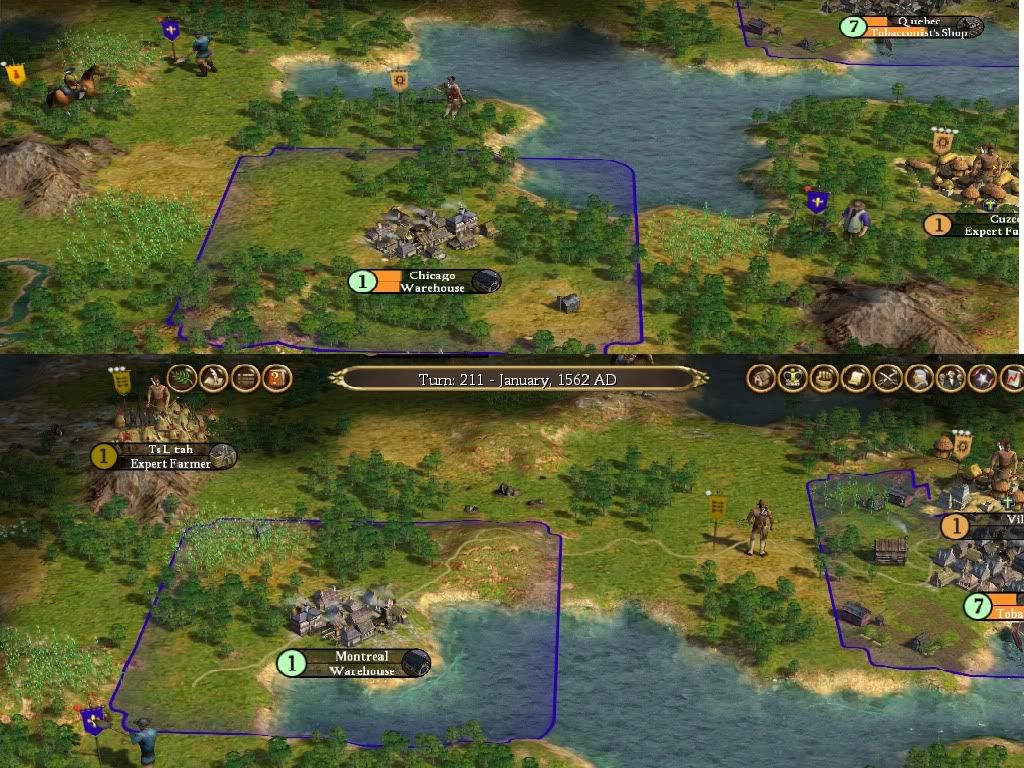
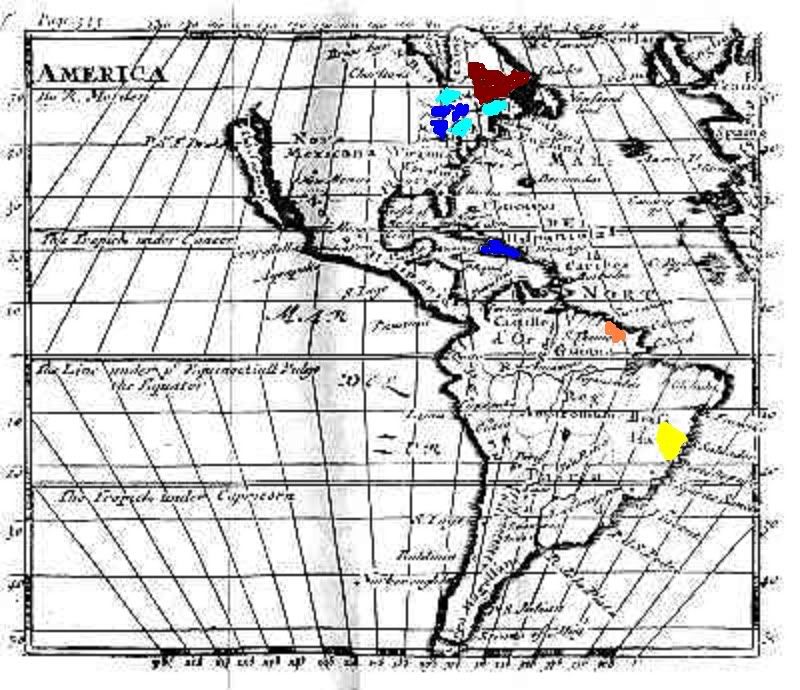
 (or have you abandonned this for your stories at C4 S&T)?
(or have you abandonned this for your stories at C4 S&T)?